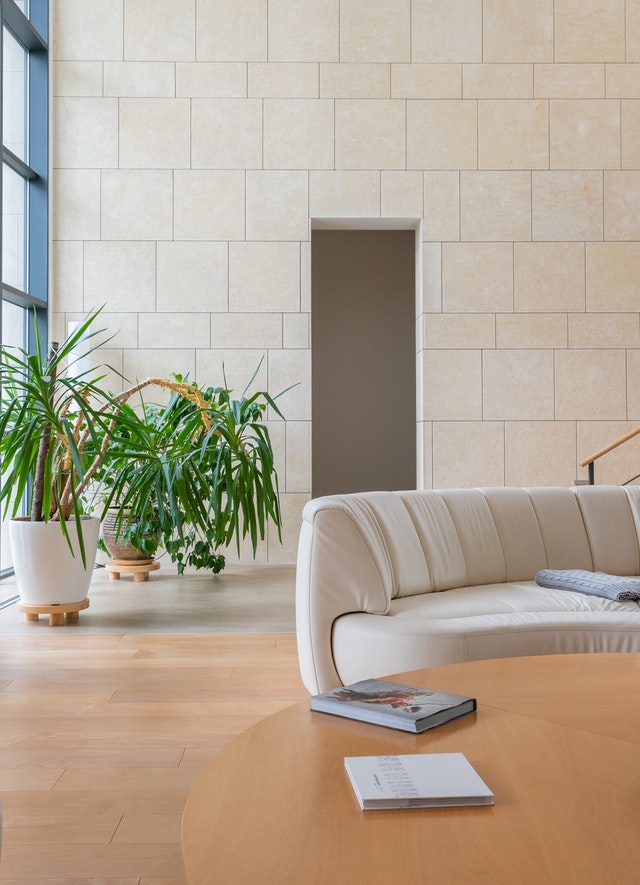
People are becoming more enlightened on the need to be eco-friendly. Many people recycle rubbish without putting too much thought into it. But, if you look at the bigger picture, various ways can go a long way in helping you become more eco-friendly and promote a sustainable livelihood.
The following are effective ways to be more eco-friendly:
Use tree-free paper products
Certain products like paper towels, toilet paper, printer paper, and facial tissues are everyday necessities. However, they all come from trees, a diminishing natural resource that takes 10-30 years to mature.
Fortunately, there are alternatives such as sustainable paper products that come from fast-growing plants like bamboo. Bamboo is a plant that grows faster than trees, with some species being ready to manufacture paper products such as bamboo toilet paper, printer paper, and paper towels in under five years. The bamboo plant can also be used to make furniture and flooring.
Install a smart meter
During the colder months, homeowners tend to leave the heating running longer than necessary. Home heating systems and boilers are among the biggest consumers of energy. You can regulate your energy consumption by installing a smart meter in your home.
The device can be programmed to switch on at particular times of the day. You can set it to heat the house before coming home from work or turn it on just before waking up on a cold winter morning. Smart meters are beneficial to anyone who cares about their carbon footprint and someone who would like to reduce their energy bills.
Install solar panels
Solar panels are essential for a homeowner who wants to be eco-friendly. Having solar panels installed is a long-term investment, and despite you paying more initially to set them up, you will save more money in the long run. Some people have solar panels that generate sufficient electricity to meet all their energy needs, completely putting them off the grid.
Donate instead of throwing away
Donating used consumer goods is a positive alternative to discarding them. Give your used furniture, appliances, and clothing to charity or a local church and computers to needy families or schools. In addition to protecting the environment by giving the items a second lease of life, you serve humanity by helping others.
Compost food waste
Turn your kitchen scrapings and food waste into manure. You can buy a compost bin or ask for one from your refuse service. Scrape old or leftover food into the containers and leave it be. It turns into useful compost over time, and you can use it in your kitchen garden.
Use water-based paints
When decorating your home or office, use water-based paints with natural pigments. Currently, most paints used in home décor have an oil base and are not so eco-friendly. Also, water-based paints have a variety of colors and are aesthetically appealing.
Consider green cleaning products
Your favorite cleaning products and detergents could be doing more harm than good to the environment. When the detergents are washed down the drain, they get into the water supply, and it takes a lot of hard work and energy to purify the water at treatment plants.
There are many homemade alternatives to store-bought chemical detergents. You can use vinegar, lemon juice, or bicarbonate of soda instead of detergent and bleaches to keep the home odor-free, remove grease, and kill bacteria. Another green way of keeping the home clean is to use steam cleaners to kill germs and disinfect the home; you don’t need cleaning products, just water.
Purchase recycled furniture
Instead of going to a big furniture store to get the newest and latest furniture, buy furniture made from recycled wood. Nowadays, furniture is made from recycled materials and eco-friendly plants, such as bamboo. Your furniture will still be brand new but manufactured thoughtfully from materials that would have found their way to landfills or discarded.
Install a low-flow showerhead to save water
Showering can save energy and water more than a bath. But, this is only possible if you don’t shower for thirty minutes or more under running water or use a powerful showerhead. You will save water and energy if you use a low-flow or aerated showerhead and spend less than ten minutes in the shower. That should be enough to wash your body and hair and carry out your washings.



